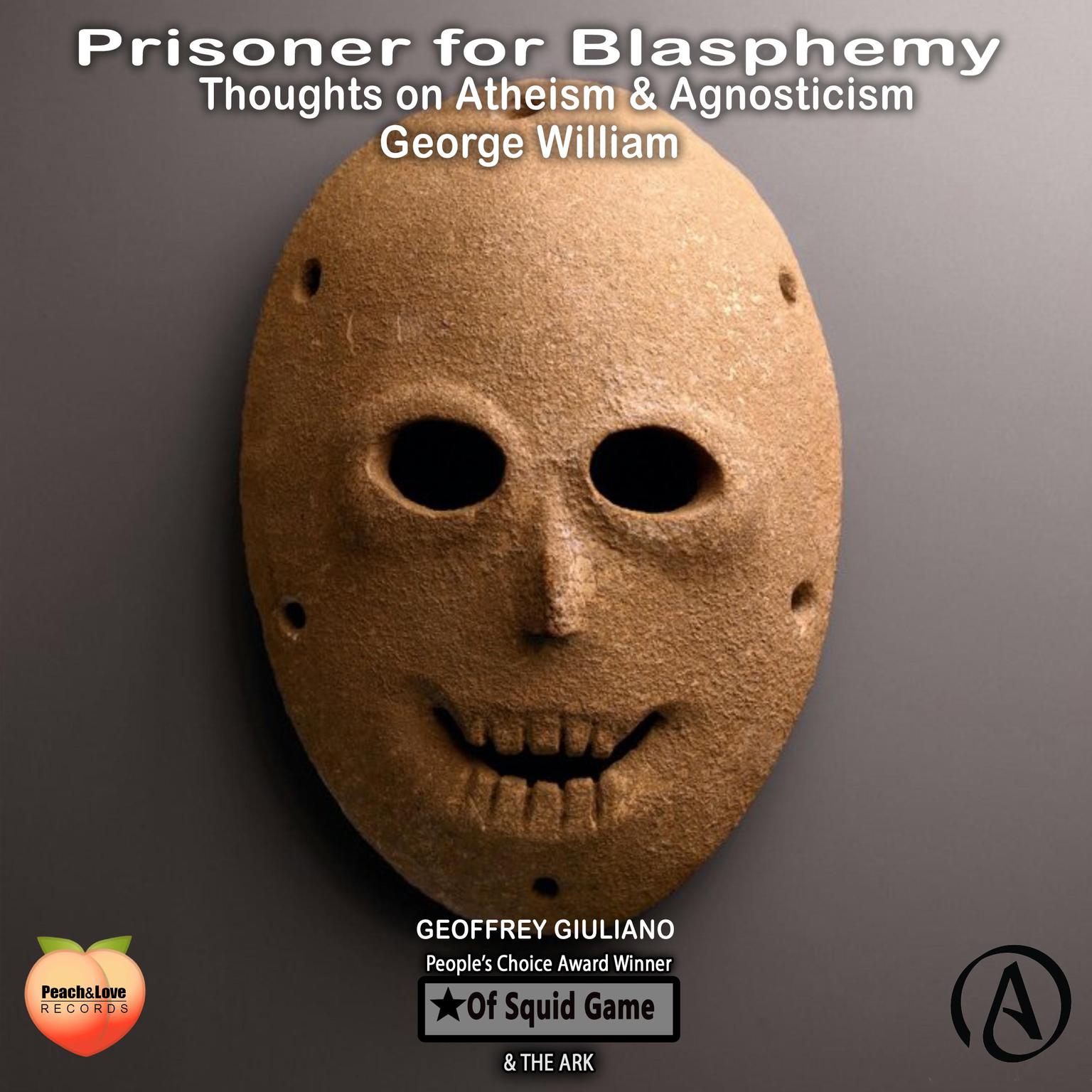 Play Audiobook Sample
Play Audiobook Sample
Prisoner For Blasphemy Thoughts On Atheism & Agnosticism Audiobook
 Play Audiobook Sample
Play Audiobook Sample
Quick Stats About this Audiobook
Total Audiobook Chapters:
Longest Chapter Length:
Shortest Chapter Length:
Average Chapter Length:
Audiobooks by this Author:
Publisher Description
Atheism, in the broadest sense, is an absence of belief in the existence of deities. Less broadly, atheism is a rejection of the belief that any deities exist. In an even narrower sense, atheism is specifically the position that there are no deities. Atheism is contrasted with theism, which in its most general form is the belief that at least one deity exists. The first individuals to identify themselves as atheists lived in the 18th century during the Age of Enlightenment. The French Revolution noted for its "unprecedented atheism", witnessed the first significant political movement in history to advocate for the supremacy of human reason. In 1967, Albania declared itself the first official atheist country according to its policy of state Marxism. Arguments for atheism range from philosophical to social and historical approaches. Rationales for not believing in deities include the lack of evidence, the problem of evil, the argument from inconsistent revelations, the rejection of concepts that cannot be falsified, and the argument from nonbelief. Nonbelievers contend that atheism is a more parsimonious position than theism and that everyone is born without a belief in deities; therefore, they argue that the burden of proof lies not on the atheist to disprove the existence of gods but on the theist to provide a rationale for theism. Although some atheists have adopted secular philosophies (e.g. secular humanism), there is no ideology or code of conduct to which all atheists adhere.
Download and start listening now!
Prisoner For Blasphemy Thoughts On Atheism & Agnosticism Listener Reviews
Be the first to write a review about this audiobook!
About Geoffrey Giuliano
Geoffrey Giuliano is the author of over twenty internationally bestselling biographies, including the London Sunday Times bestseller Blackbird: The Life and Times of Paul McCartney and Dark Horse: The Private Life of George Harrison. In addition, he can be heard on the Westwood One Radio Network and has written and produced over sixty original spoken-word albums and video documentaries on various aspects of popular culture.


